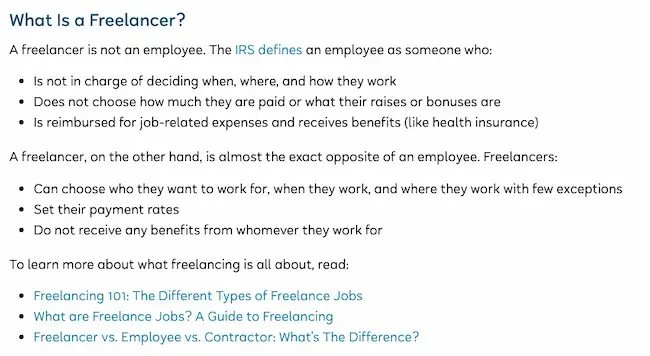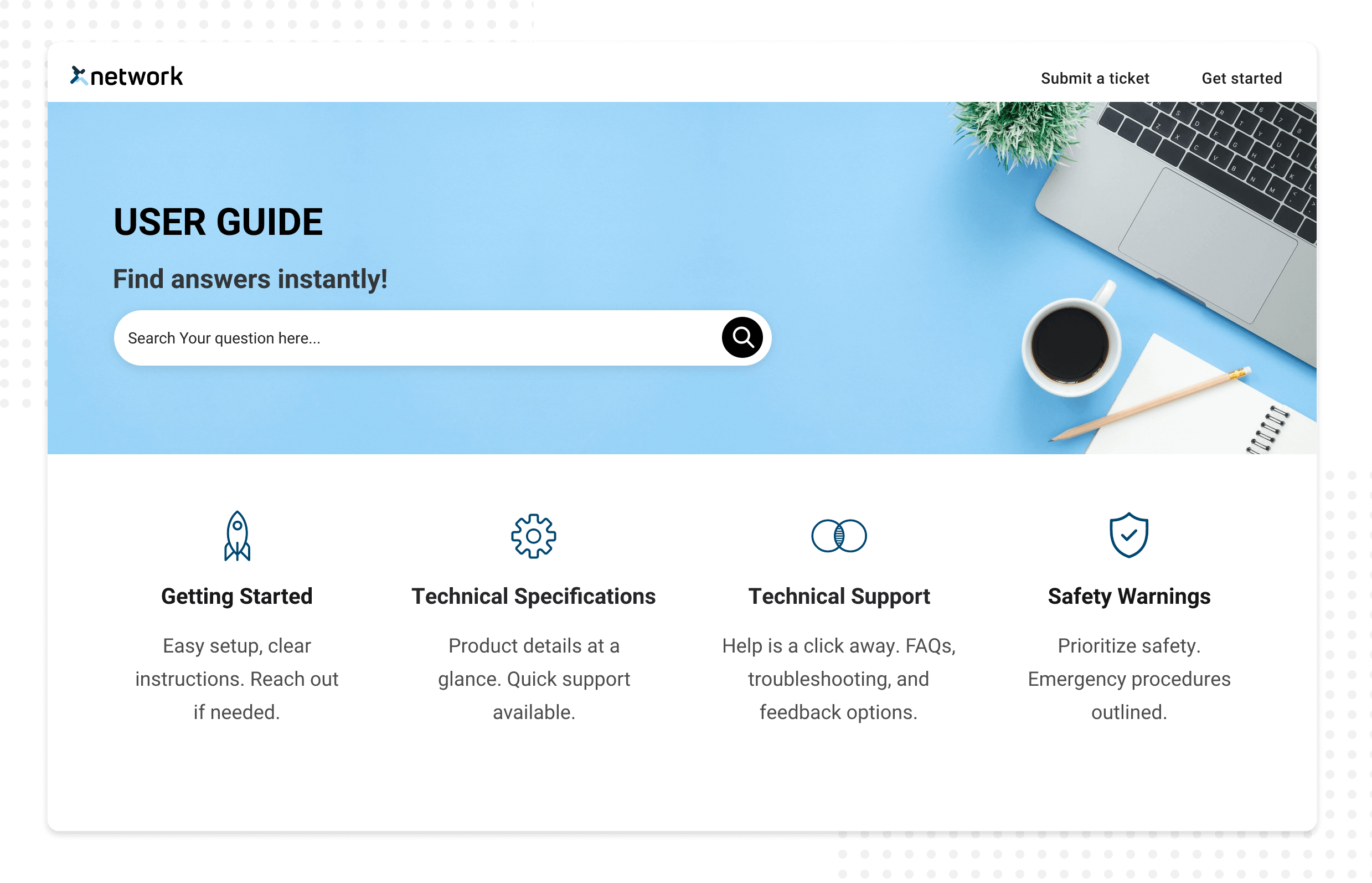How to Guide: Step-by-Step Directions for Beginners to Start Conveniently
How to Guide: Step-by-Step Directions for Beginners to Start Conveniently
Blog Article
Exactly How to Develop a Detailed Budgeting Plan to Achieve Financial Stability and Control Over Your Expenses
Establishing a comprehensive budgeting plan is essential for attaining economic stability and preserving control over expenses. It starts with a careful evaluation of your present monetary landscape, that includes assessing earnings and costs. This structure permits the formulation of wise financial goals, assisting reliable decision-making. Establishing an organized budget plan structure can mark crucial from optional expenditures. The journey does not end there; the recurring change and tracking of your budget are important for long-term success. Recognizing the subtleties of this procedure can substantially affect your monetary trajectory and lifestyle selections.
Analyze Your Present Financial Situation
To efficiently create a budgeting strategy, it is important to thoroughly evaluate your present monetary circumstance. It is critical to calculate your overall month-to-month income accurately, as this number will certainly assist your budgeting decisions.
Following, assess your expenses by classifying them right into dealt with and variable costs. Set expenditures, such as lease or home loan repayments, insurance policy, and utilities, continue to be constant each month. In contrast, variable expenditures, like grocery stores, amusement, and optional investing, can fluctuate. Maintaining a comprehensive document of your spending behaviors over a couple of months can give understanding into areas where you might be spending too much.
Furthermore, think about any type of exceptional financial debts, consisting of credit history card equilibriums, pupil financings, and personal fundings. Recognizing your responsibilities is important for developing a strategy to handle and reduce them efficiently. By performing a complete evaluation of your monetary scenario, you can establish a strong groundwork for your budgeting strategy, eventually resulting in boosted economic security and control over your expenditures.
Set Clear Financial Goals
Routinely establishing clear economic goals is vital for efficient budgeting and long-term monetary success. Specifying details, quantifiable, obtainable, relevant, and time-bound (WISE) goals enables people to produce a roadmap for their financial trip. These objectives can encompass various elements of individual money, consisting of saving for retirement, acquiring a home, or repaying debt.
To begin, analyze your priorities and identify short-term, medium-term, and long-lasting goals. Temporary goals may consist of constructing a reserve or conserving for a trip, while medium-term goals might involve saving for a vehicle or moneying a kid's education and learning (How to guide). Long-term objectives generally concentrate on retirement cost savings or wide range buildup
Next, quantify your objectives to provide clarity. For instance, instead of aiming to "save more cash," specify "save $10,000 for a deposit by December 2025." This level of uniqueness not just boosts motivation but also assists in dimension of development.
Finally, regularly evaluation and change your monetary goals as situations change. Life events such as job adjustments, household growth, or unexpected expenditures can affect your financial scenario, making it necessary to stay flexible and receptive to achieve continual economic stability.
Develop Your Budget Plan Framework
Establishing a budget structure is a fundamental action in bringing your economic goals to fulfillment. A well-structured spending plan framework works as a blueprint for handling your revenue, expenses, and cost savings, permitting you to straighten your costs with your financial aspirations.
Begin by classifying your expenditures into discretionary and crucial classifications. Essential costs consist of needs such as real estate, utilities, groceries, and transport, while optional expenses include amusement, dining out, and high-end items. This classification aids you prioritize your costs and determine locations where modifications can be made.
Following, determine your earnings resources and calculate your total month-to-month earnings. This must include salaries, sideline, and any kind of passive revenue. With a clear image of your income, you can allocate funds to every cost category extra successfully.
Incorporate financial savings into your budget framework by setting aside a specific portion of your revenue. This will certainly aid you construct an emergency situation fund and add to long-term monetary objectives. A strong budget framework not only supplies clearness on your financial circumstance yet also encourages you to make enlightened choices that promote financial security and control over your expenses.
Monitor and Change Frequently
Monitoring and changing your spending plan is vital for preserving financial health and wellness and ensuring that your investing lines up with your developing goals. Frequently reviewing your spending plan allows you to identify inconsistencies between your planned expenditures and real spending. This technique helps you stay liable and conscious of your monetary circumstance.
Begin by setting a constant timetable for budget plan reviews, whether it be regular, monthly, or quarterly. During these reviews, examine groups where you may be underspending or overspending. This analysis can disclose patterns that demand modifications in recommended you read your budgeting technique. How to guide. As an example, if you constantly spend too much in optional classifications, it might be time to reduce those appropriations or discover ways to cut back.
Bear in mind, a budget plan is a living paper that should evolve with your monetary scenarios. By proactively checking and changing your spending plan, you can keep control over your expenses and job in the direction of achieving your monetary security goals.
Utilize Tools and Resources
A broad selection of resources and devices can substantially boost your budgeting procedure, making it less complicated to track expenses and stay on target. Financial monitoring software program, such as Mint, YNAB (You Need a Budget), or EveryDollar, supplies easy this website to use interfaces for keeping an eye on income and expenditures in real-time. These systems usually include automated monitoring of purchases, classification of costs, and visual depictions of your economic circumstance, promoting educated decision-making.
Along with software program, mobile applications can offer convenience and accessibility for budgeting on-the-go. Several apps enable for the syncing of financial institution accounts, ensuring exact data while offering alerts for upcoming bills or financial limits.
In addition, spread sheets, such as Microsoft Excel or Google Sheets, can be personalized to produce a personalized budgeting system. These devices enable individuals to manually input information, assess trends, and job future costs based upon historical costs patterns.
Last but not least, take into consideration leveraging instructional resources such as budgeting workshops, online training courses, or economic blog sites. These sources can deepen your understanding of effective budgeting approaches and help you make informed options that align with your monetary goals. Making use of these tools and resources is crucial in attaining economic security and control over your expenditures.
Conclusion

By conducting a detailed analysis of your monetary scenario, you can establish a strong foundation for your budgeting strategy, eventually leading to improved financial stability and control over your costs.

By examining the present economic situation, setting clear economic objectives, and developing an organized budget framework, individuals can successfully designate sources. Making use of financial administration tools even more enhances the budgeting procedure, inevitably leading to boosted financial control and stability.
Report this page